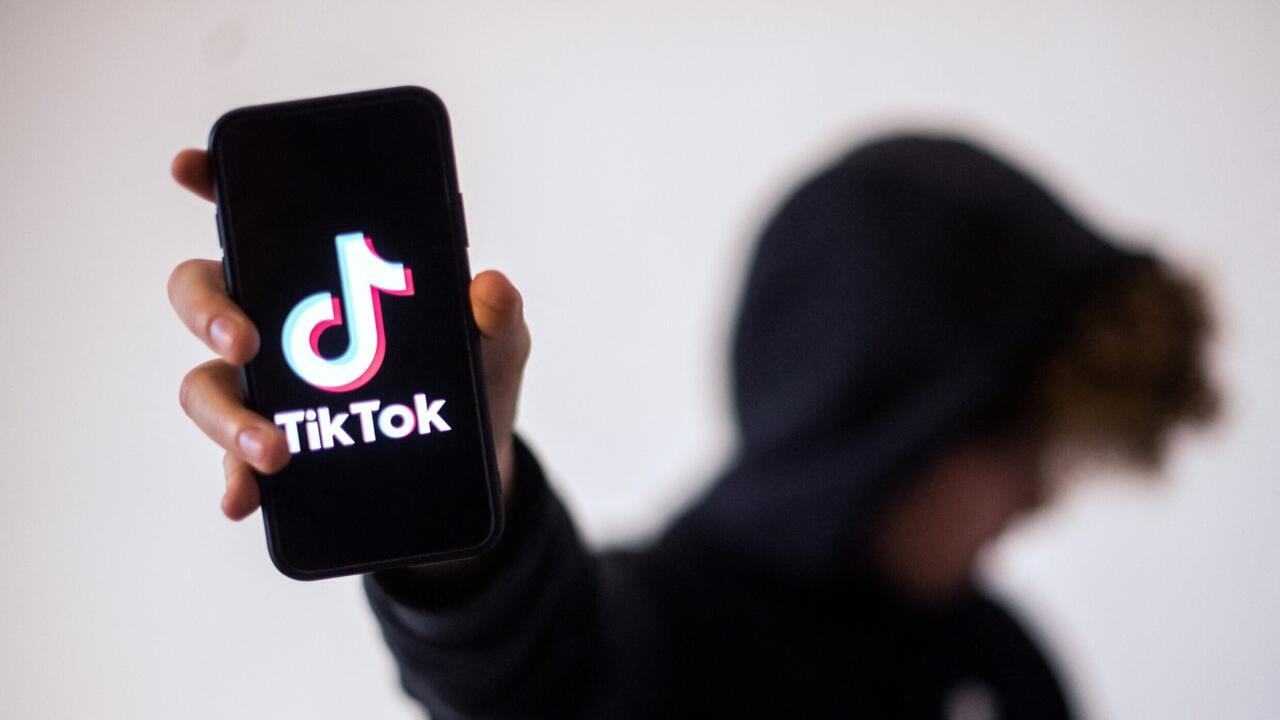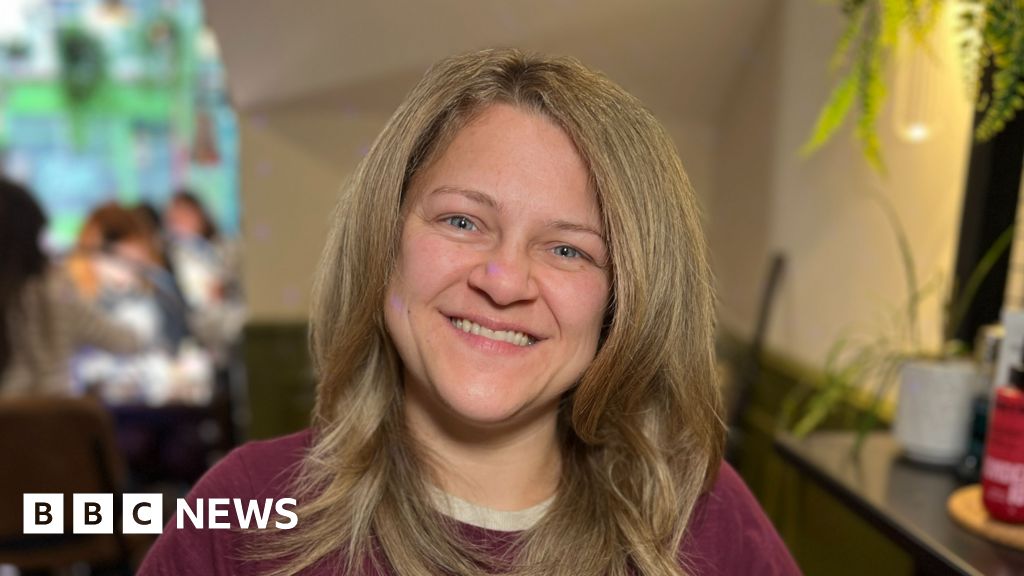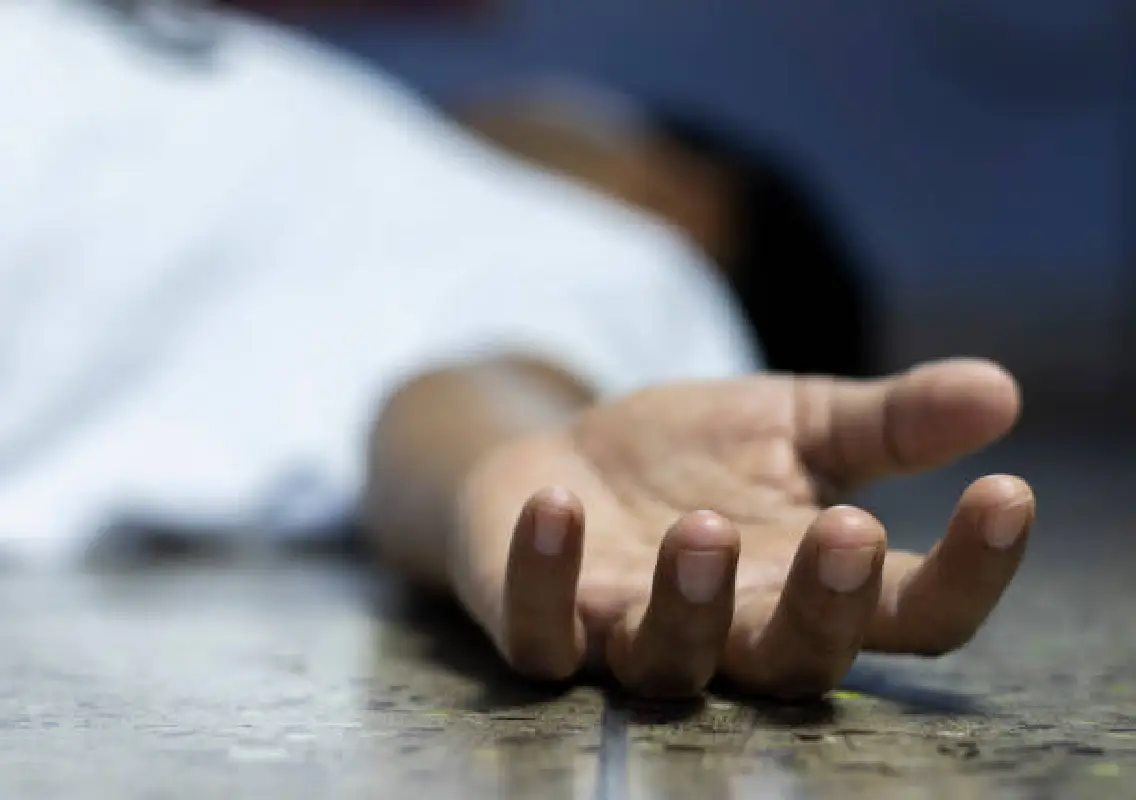Copyright abc
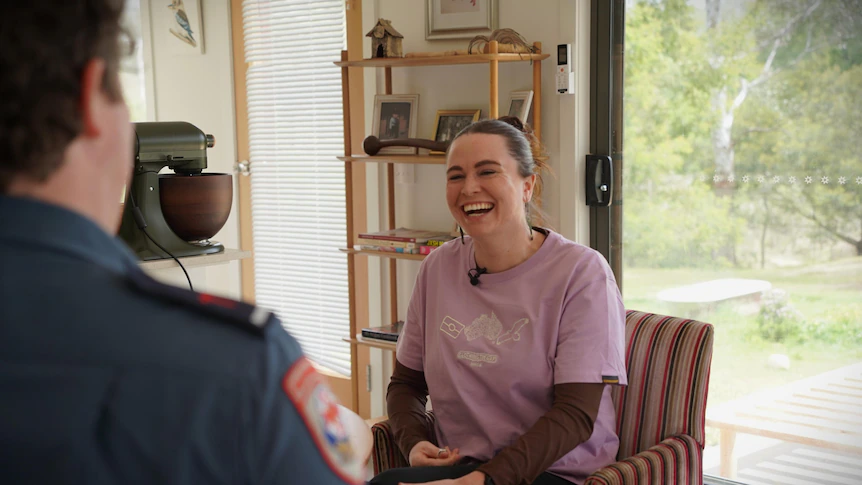
There are things that Sissy Austin tries not to remember from the horrific day she was attacked by a stranger while running. The now 31-year-old Gunditjmara, Keerray Woorroong and Djap Wurrung woman was brutally assaulted in bushland near Ballarat in early 2023. She describes it as "one of the hardest days" of her life. Dizzy and bloodied, she managed to run four kilometres back to her car, where she called emergency services. The perpetrator was never found. Despite suffering a severe concussion and ongoing trauma after the incident, including an experience in hospital labelled "brutal and dehumanising" by a Victorian health minister, Sissy continued running. She has become an outspoken advocate for the safety of women and gender diverse runners through her Take Back the Track initiative and run multiple marathons, including in New York City. But there is one thing from that terrible day she remembers clearly — and one person she never got to thank. A small, memorable gesture When she was in the ambulance on the way to hospital, in a state of distress, Sissy asked the attending paramedic whose country they were on. The paramedic replied "Wadawurrung country," the name of the traditional owners of the area of Victoria which stretches from the Surf Coast to Geelong and Ballarat. "I remember a moment of feeling at ease," she said. "It was small, but it had a massive impact." Paramedic Jack Shaw remembers the day he met a confused and scared Sissy on the side of a country road. In his job, it's not uncommon to meet people who are having one of their worst days. It's rare he gets to meet them again. More than two years after her attack, Sissy Austin wanted to thank the paramedic who helped her feel safe on that awful day. The pair were reunited at Sissy's home last week — giving her the chance to share how much his care meant to her at the time. "Healing from what happened was really, really hard," she said. She said she was encouraged by her support network to try to remember the positives — however small. It's made her reflect on her interaction with the paramedic. "It meant the world." While Jack said he was surprised to hear how the conversation where he told Sissy what land she was on had later had a big impact on her recovery, he said he did notice an effect at the time. "When you asked, it almost felt like your guard went down a lot more because when we picked you up, it obviously felt like you didn't know who or what you could trust," he told her. Asking the question The lesson that gestures like these can make a big difference to First Nations patients is one that Ambulance Victoria is embracing. It has recently introduced a small, but significant, change where it requires all paramedics to ask their patients, where practical, if they identify as Aboriginal or Torres Strait Islander. Yorta Yorta woman Michelle Crilly is a paramedic and Aboriginal program lead at Ambulance Victoria. "It's important to know a patient's Indigenous status," she said. There was previously a question about Aboriginal status on the routine paperwork for Victorian paramedics, but it was not always being asked. The change is part of service's attempt to improve the experience of First Nations patients. Asking the question can help paramedics "identify any vulnerabilities, any risk factors, refer to the appropriate Aboriginal health services if required and get them in contact with Aboriginal liaison officers at hospital," Ms Crilly explained. Ambulance Victoria said it hoped it would help Aboriginal patients feel recognised and safe in the care of paramedics and significantly improve data the service collects on Aboriginal patients and their needs. Shift welcomed by advocates The move has been welcomed by Aboriginal health advocates, including Victoria's Aboriginal Community Controlled Health Organisation (VACCHO). "This initiative will support our amazing first responders to recognise and respond to the needs of our Mob, creating pathways into the health system that our people can have confidence and trust in," VACCHO CEO Jill Gallagher said. Sissy said there can be a tendency to 'overthink' what needs to be done to make Aboriginal patients feel culturally safe, but her experience shows small things matter. "Knowing whose country you're on and acknowledging that you're a First Nations person, that was enough for me on the day," Sissy said. Paramedic Jack said the opportunity to reunite with Sissy and hear about her recovery from the assault had been "surreal".
